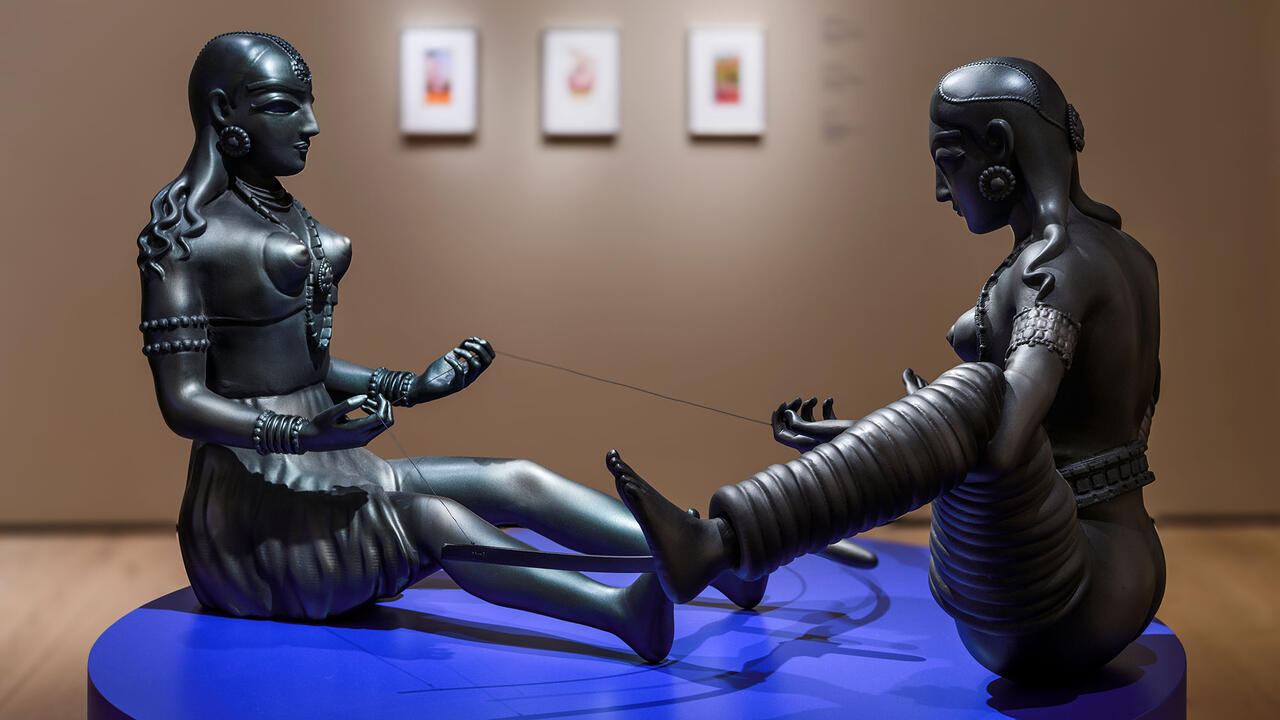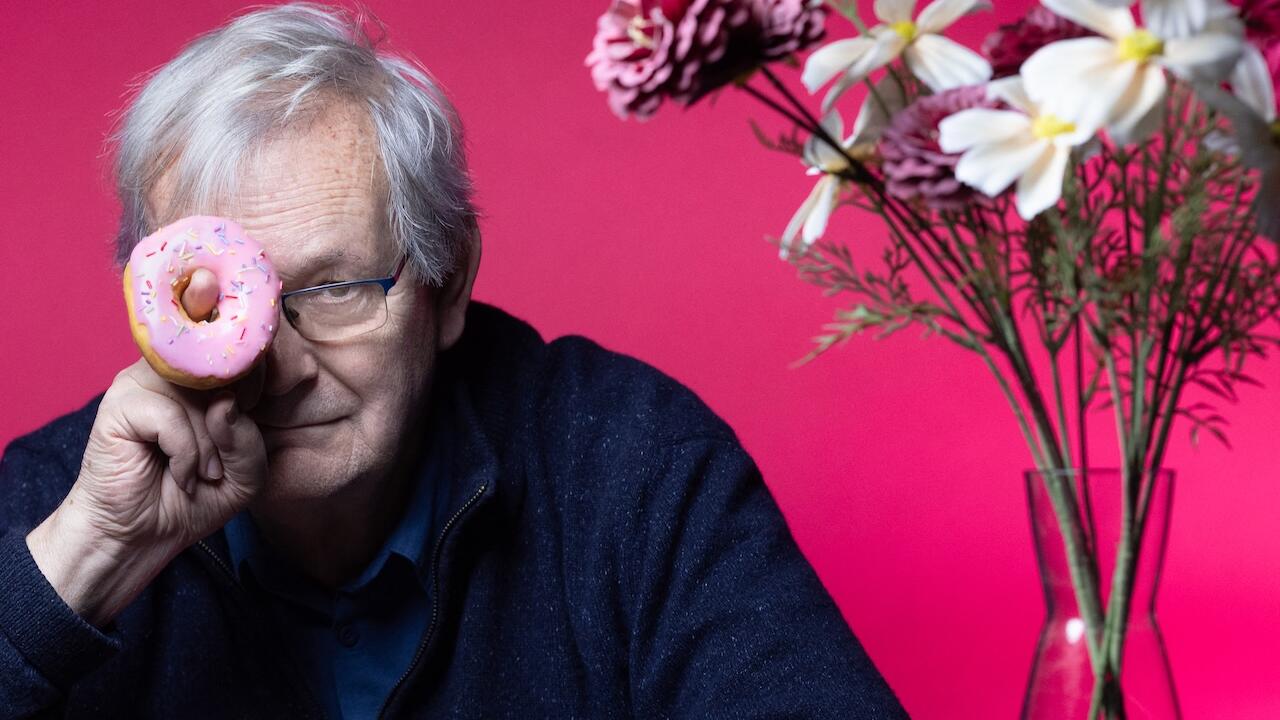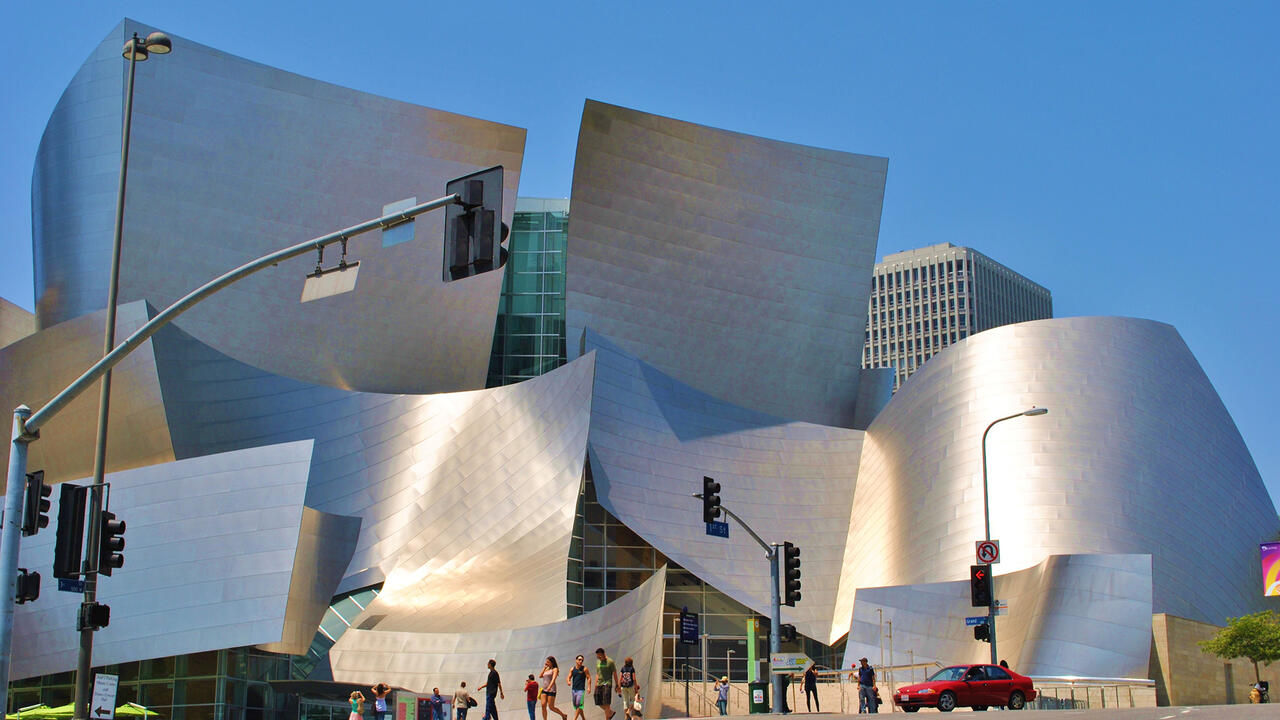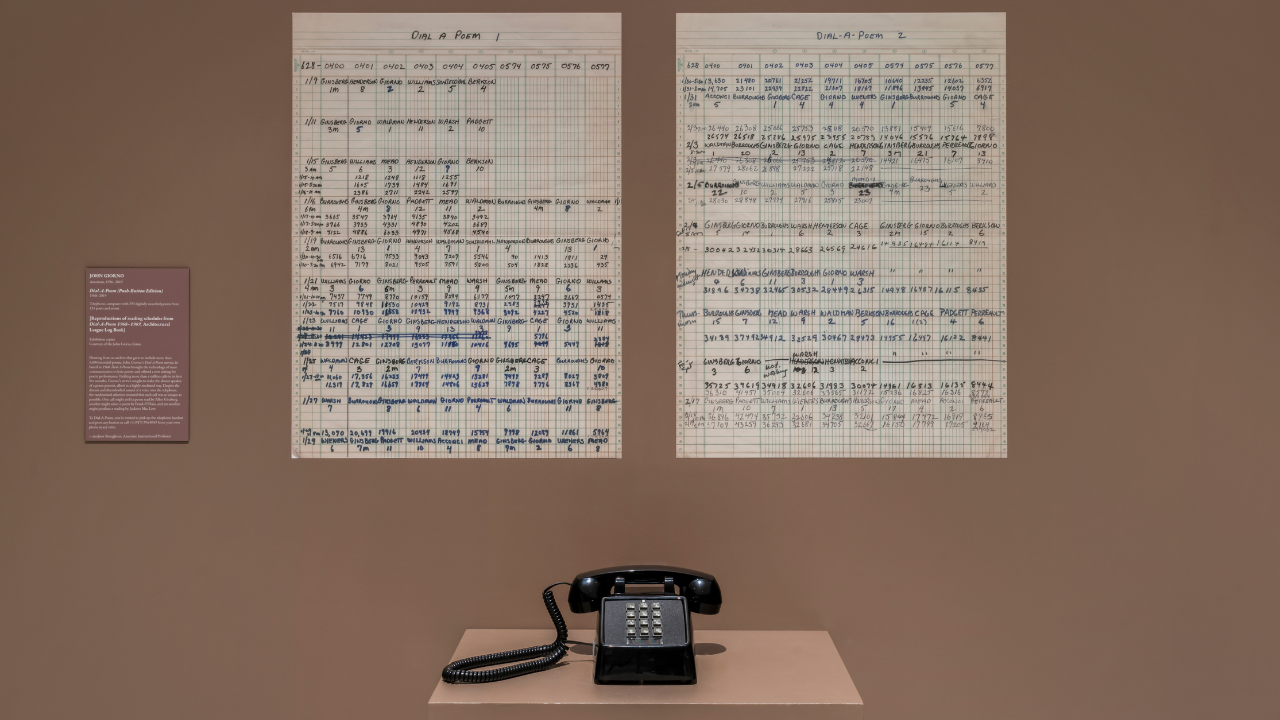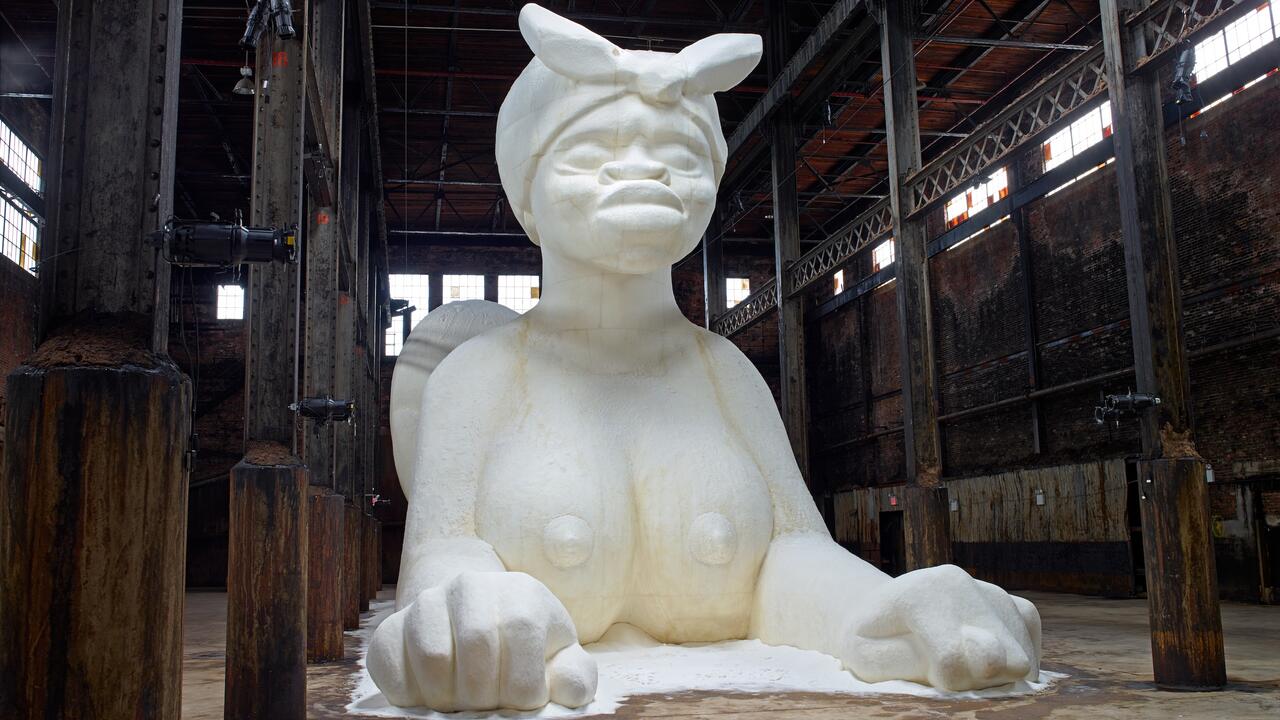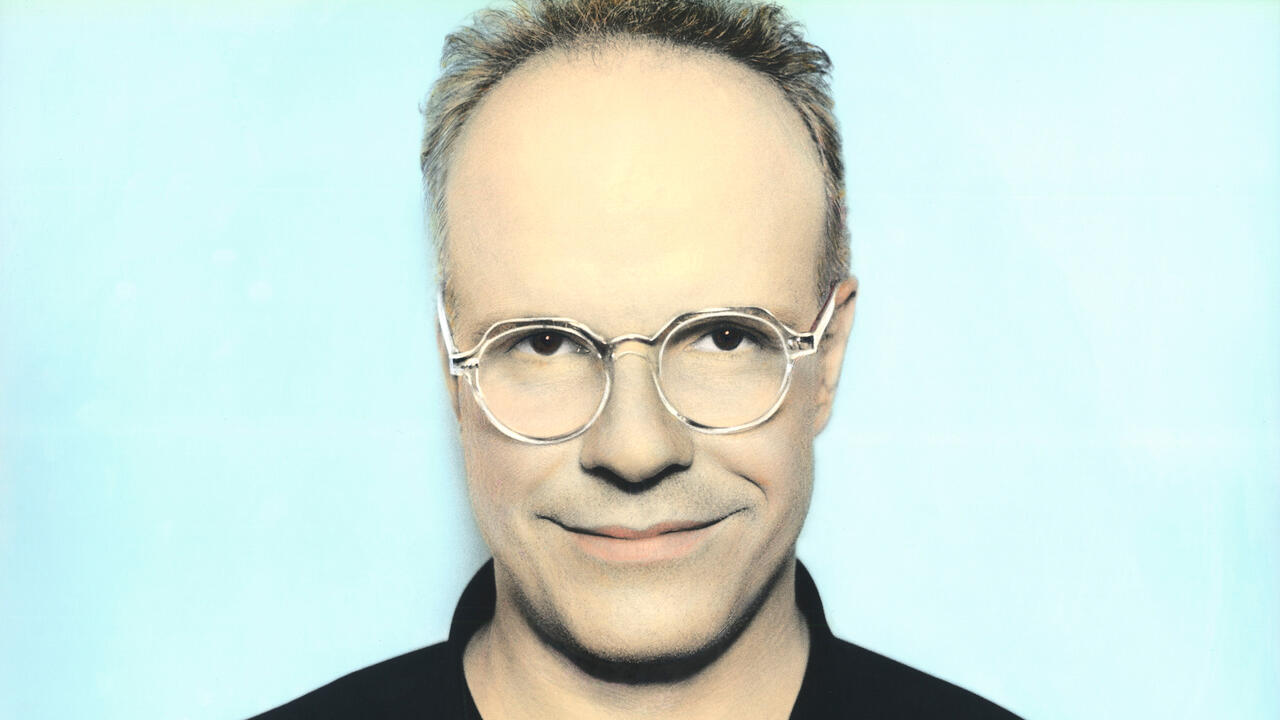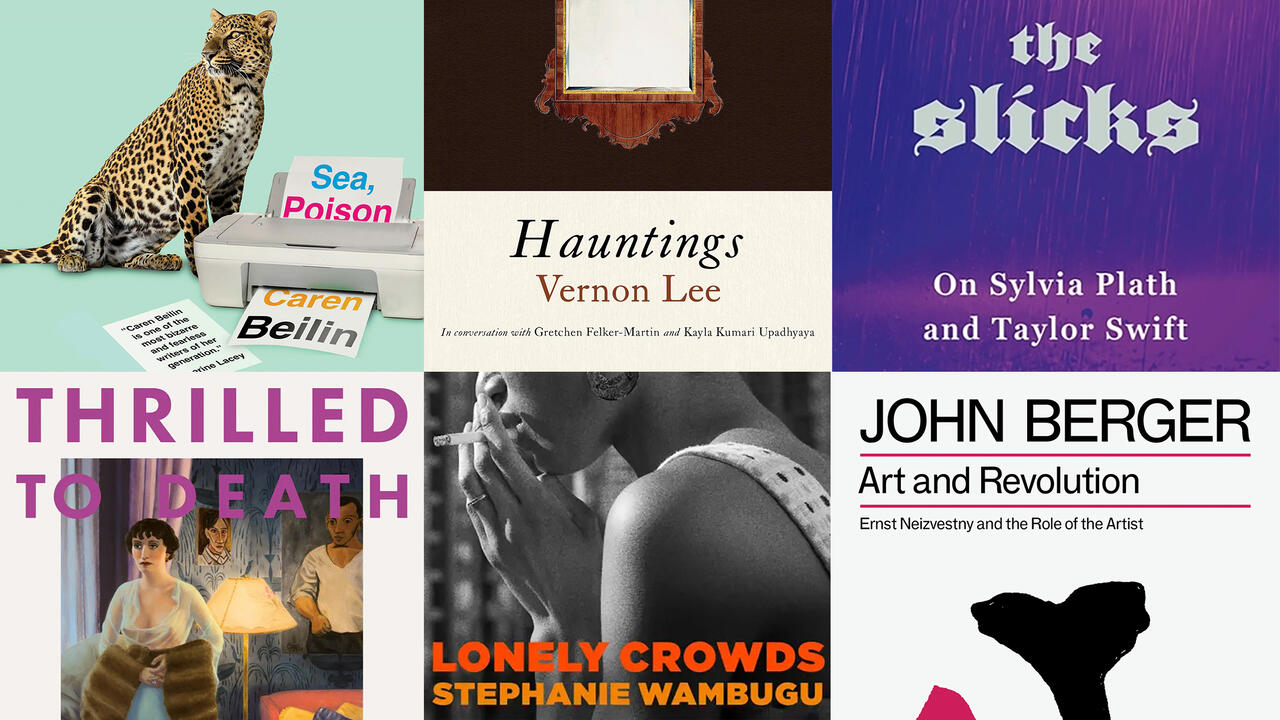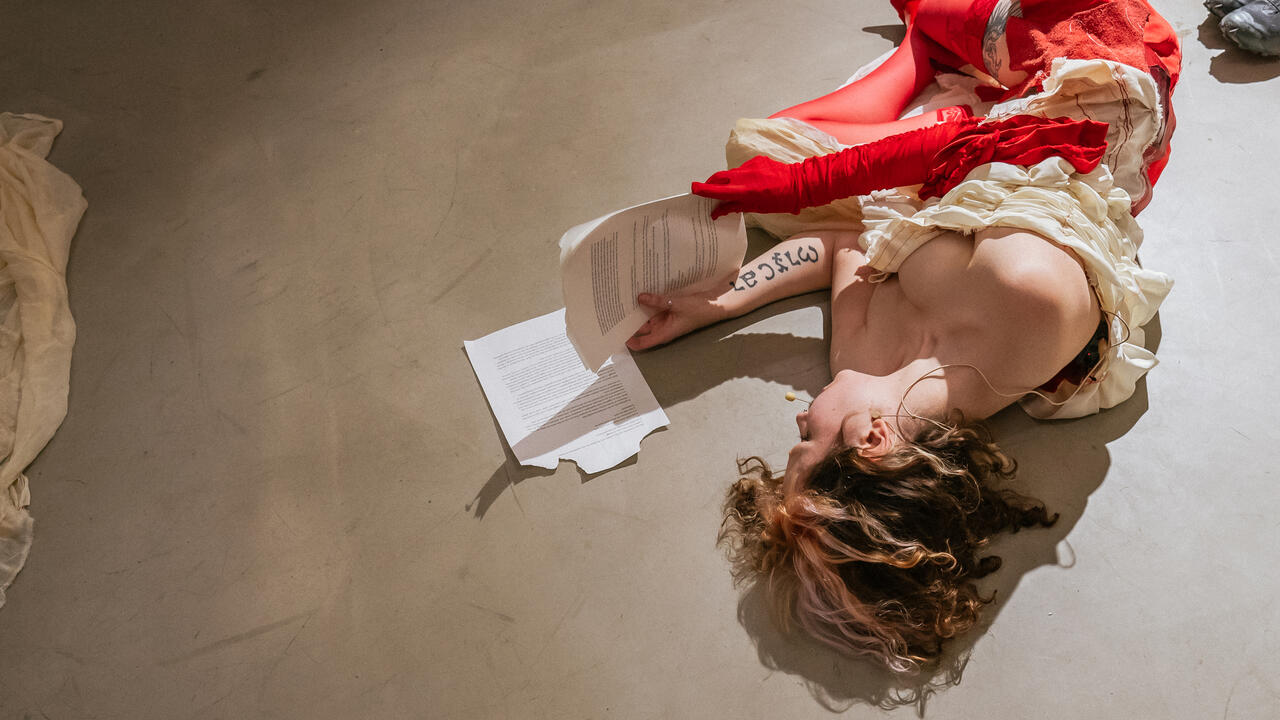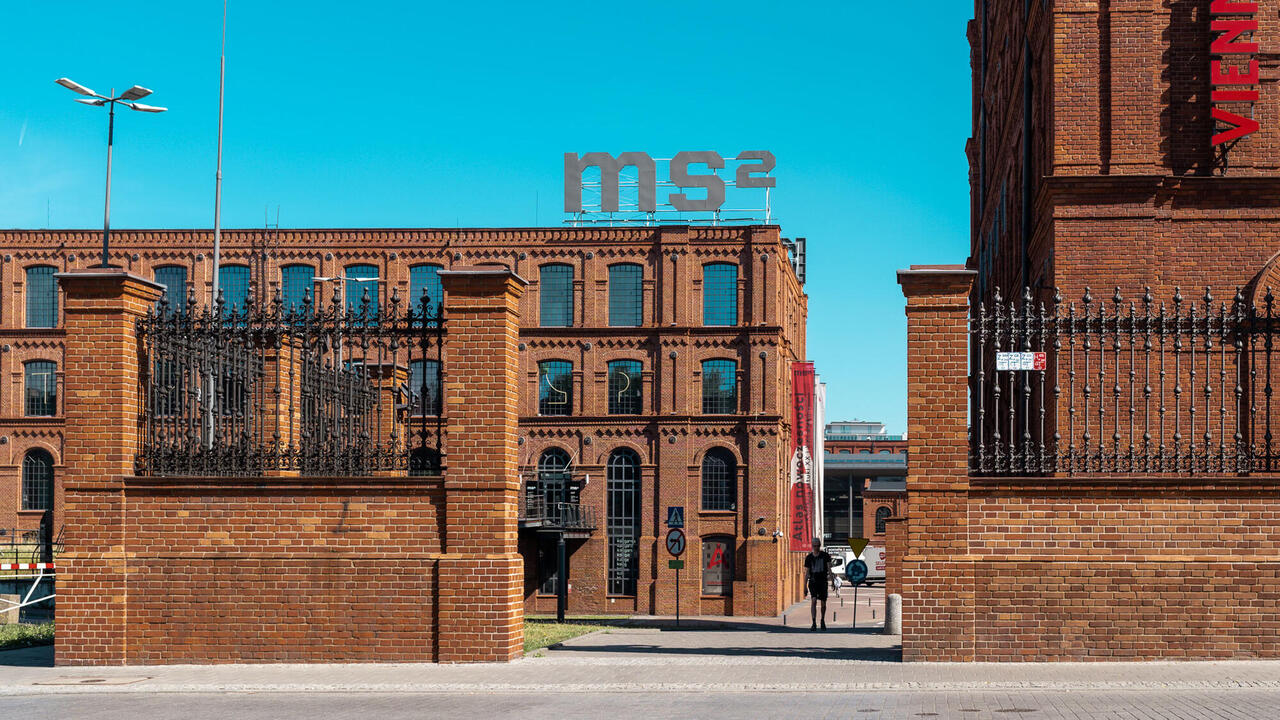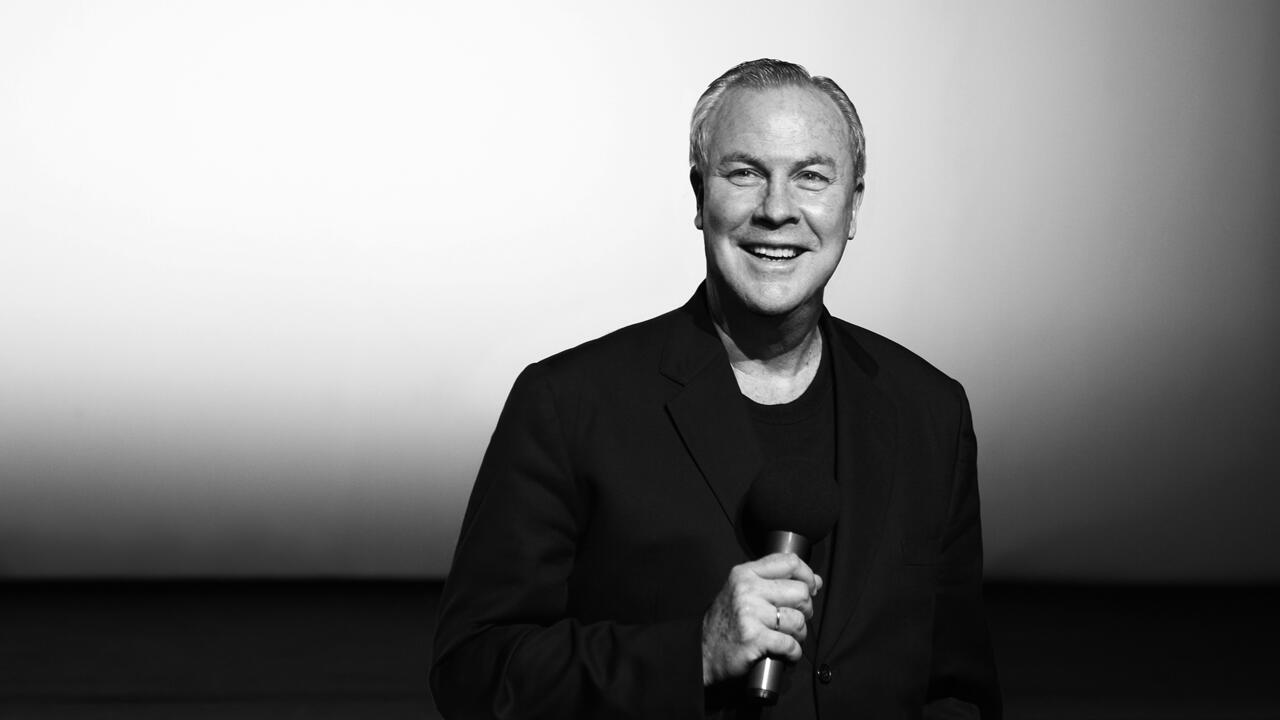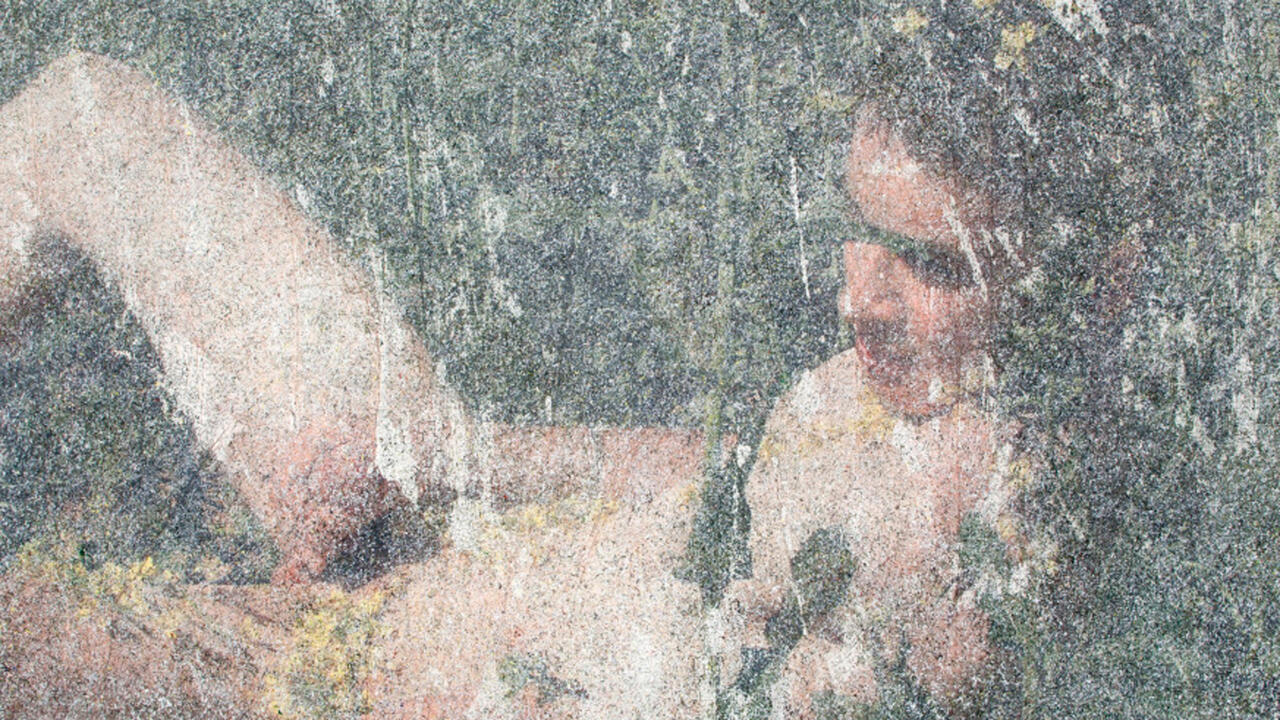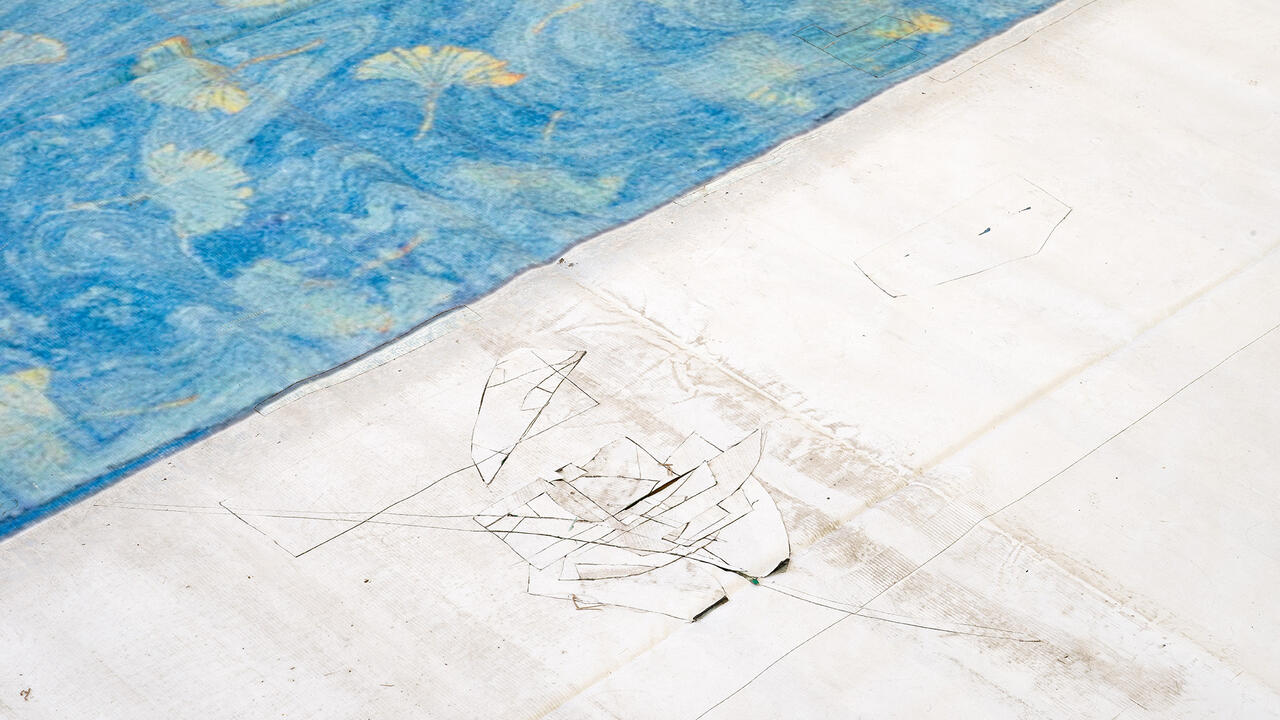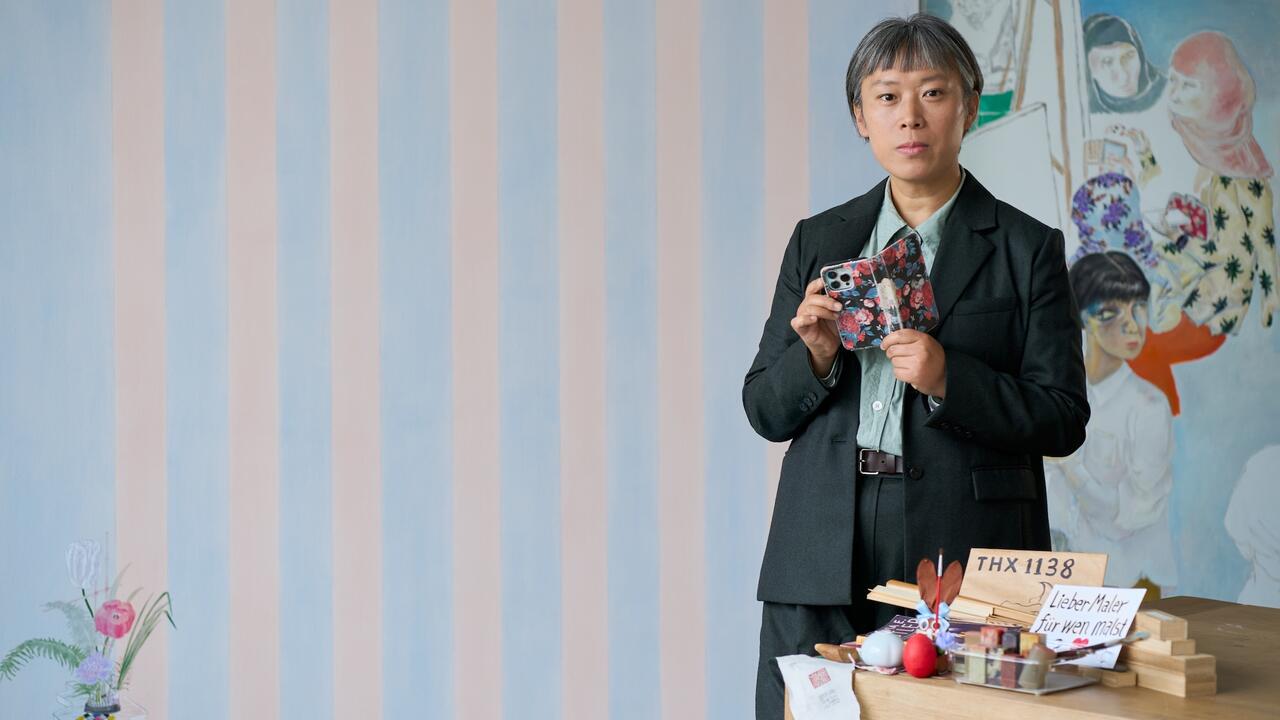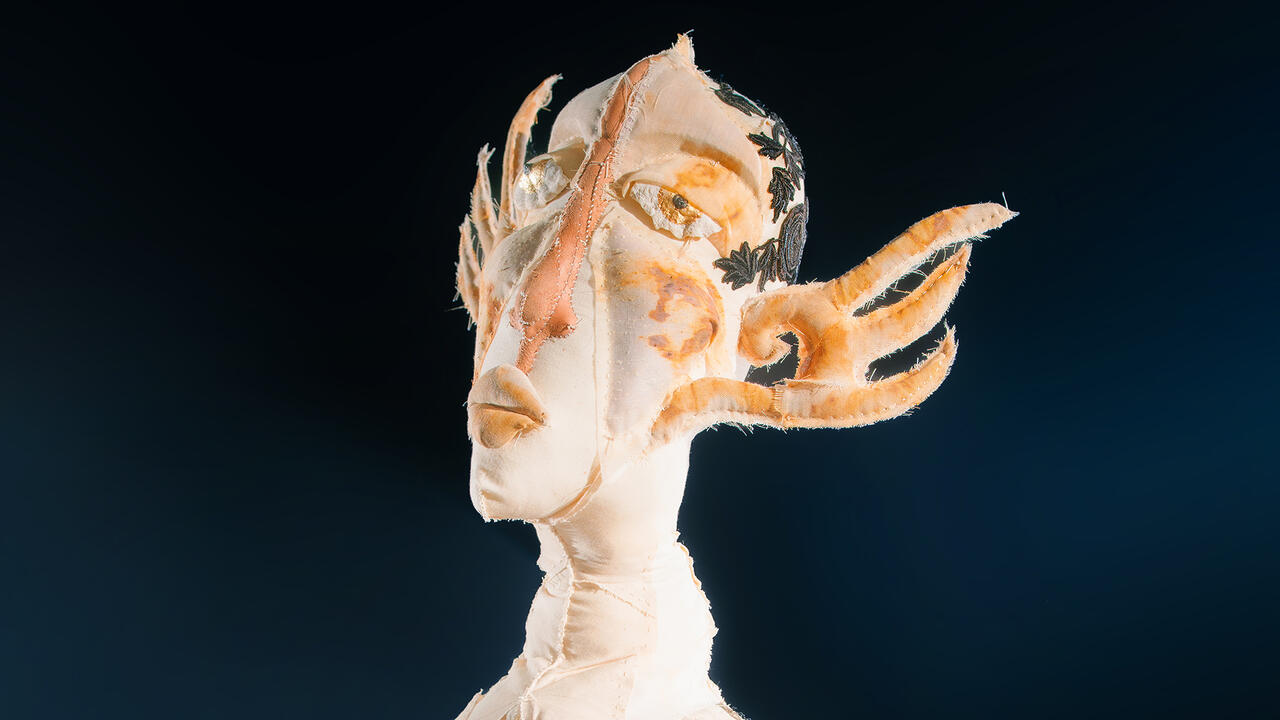‘A Common Misadventure in Queer Bohemia’: Kevin Killian (1952–2019)
Remembering a poet who helped define a generation of American writers through his love of gossip, sex and art
Remembering a poet who helped define a generation of American writers through his love of gossip, sex and art

I first met Kevin Killian at the San Francisco Airport in 2012. He stood at Arrivals with a sign: ‘Andrew Durbin, get your ass over here.’ We had been corresponding for a year; he liked my poems and had given some much-needed advice on how to make them better. Why pay attention to me? I had at first thought, since I was a kid who had hardly published any poems. I realized, in the coming years of our friendship, that Kevin’s generosity – the long, thoughtful emails and phone calls, the genuine joy of being a reader of unpublished, messy manuscripts – was shared with almost everyone he knew. ‘Another life contains other lives,’ he wrote in his 2017 book Tony Greene Era, and Kevin, who knew everybody in the world, even if they didn’t know him, was full of love of others. Their poems, their faces on screen, their photographs and sculpture and paintings. We drove into town, and he took me out for spam and pineapple over rice. ‘Something soldiers ate.’ He told me about all other foods invented in San Francisco: Pisco Punch, the fortune cookie, Crab Louis. ‘The gifts of San Francisco,’ as he later put it in a poem. My ass was here.
Kevin was born on Christmas Eve on Long Island, New York in 1952. He began his first novel, Shy, in 1974, shortly after graduating from Fordham University. It wouldn’t be published until 1989, when the Crossing Press brought it out in a limited run. (James Purdy called it ‘a book of sparklers.’) In those intervening years, he bounced around New York with Arthur Russell and Allen Ginsberg, and eventually moved to San Francisco, where he met and married his partner, the writer Dodie Bellamy, in 1981. (The years tracking from bankrupt New York to the San Francisco of the AIDS crisis are the subject of Fascination: Memoirs (2018), which was recently published by Semiotexte.) Kevin and Dodie became, for many of us, the dual-core of the city’s literary and artistic scenes; their apartment entertained screenings, readings, workshops and tea with visitor after visitor, who crowded in among the art and books of friends and admirers.

In San Francisco, Kevin was an anchoring voice of the New Narrative movement – a loose collection of autobiographical writers that included Dodie, Robert Glück, Bruce Boone, Sam D’Allesandro and many others. For the uninitiated, Kevin and Dodie’s co-edited anthology, Writers Who Love Too Much (2017), is an excellent introduction to the group. He was a prolific writer and editor, perhaps most notably of My Vocabulary Did This to Me (2008), the collected poems of Jack Spicer, which he co-edited with Peter Gizzi. At the time of his death, he was completing a volume of Spicer’s letters. He wrote several books of poems – Argento Series (2001), Action Kylie (2008), Tweaky Village (2014) and Tony Greene Era (2017) – and many novels and memoirs, including Little Men (1996), Arctic Summer (1997), I Cry Like a Baby (2001), Impossible Princess (2009), Spreadeagle (2012) and Fascination (2018). I’m listing these titles because I want you to read them, as soon as you can, and because I’ve always thought they sounded like unrealized scripts from the Hollywood studio system, full of silvery possibility. Still many other readers, perhaps not even readers of poetry or fiction, know him by another format, the Amazon review, of which he wrote more than 2,500. His 2015 review of Disney’s Frozen is titled: ‘Do you want to build a lesbian masterpiece?’ Take the weekend to read them all. Trust me.
Kevin hoovered up art and books and gossip and news, and there was no stretch of California, or the world, he could not closely associate with the minor and major dramas of the familiar and the famous – in both writing and conversation. His poems are ‘about the palpability of being alive,’ Cole Swensen said at a 2017 conference on his work in Paris, and they leap, in his spindly, gorgeous lines, with sex and sadness, love and desire, celebrity and obscurity, the lyrics of Kylie Minogue and David Bowie – two artists who resound across his work. That palpability is derived, in part, from the city he lived in for over four decades, and the people he shared that city with. Men and women crush and are crushed by want. Desire is stalked by death, as in Argento Series, or by fantasy disguised as love, as in Spreadeagle. Tweaky Village sees San Francisco at the start of Bush’s wars and through the opioid crisis, prompting him to ask, amidst so much destruction: ‘what is commons? What is communing?’ These were central questions in all of Kevin’s work, from the poetry to the fiction to the Amazon reviews.

Years ago, in one of those generous emails where he considered an unfinished short story of mine, Kevin told me the characters read like ‘imaginary gay men living in the unbuilt house of the future.’ I wanted Kevin to be in my life forever, in that unbuilt house, and part of me thought he would be. He carried the rare and precious knowledge of a better, more fascinating and fabulous world than the one we have at present with him everywhere, bursting with scrappy but crucial hopes – hopes recorded in poems and fiction and memoirs and letters, and in the encounters of the street and the bedroom and the airport. In his friendships with poets and artists, and in his marriage with Dodie. When he received his cancer diagnosis a few months ago, he laughed with me on the phone, undeterred by the surprise that had walloped the rest of us. He sounded more in love with life than ever before, which seemed, at the time, impossible – he had already loved it more than most. He epitomized this love and gratitude in an 11 May email to the artist and writer Arnold Kemp, which Kemp shared with me and, now, I would like to share with you:
‘Isolated in this chamber, I could hear any music that I wanted to – well music they could dial in on Spotify, so I asked for Kylie Minogue. They had her greatest hits album which begins with her very first number one from the late ’80s and it’s called ‘I Should Be So Lucky’. I realized that for me even now I regard myself as a very lucky kid who got rich (except in $) by growing up in extraordinary times, in a wonderful writing climate, in a city where I could expand as an artist, and I got to meet dozens, hundreds of great poets and artists, and I found a great love with Dodie, but also turned myself into the sort of con artist who could approach a man like yourself, and talk him into showing me his ass in the name of a common misadventure – I mean, an adventure in queer bohemia. What a wonderful life it’s been.’
Main image: Kevin Killian, 2012. Photograph and courtesy: Daniel Nicoletta









